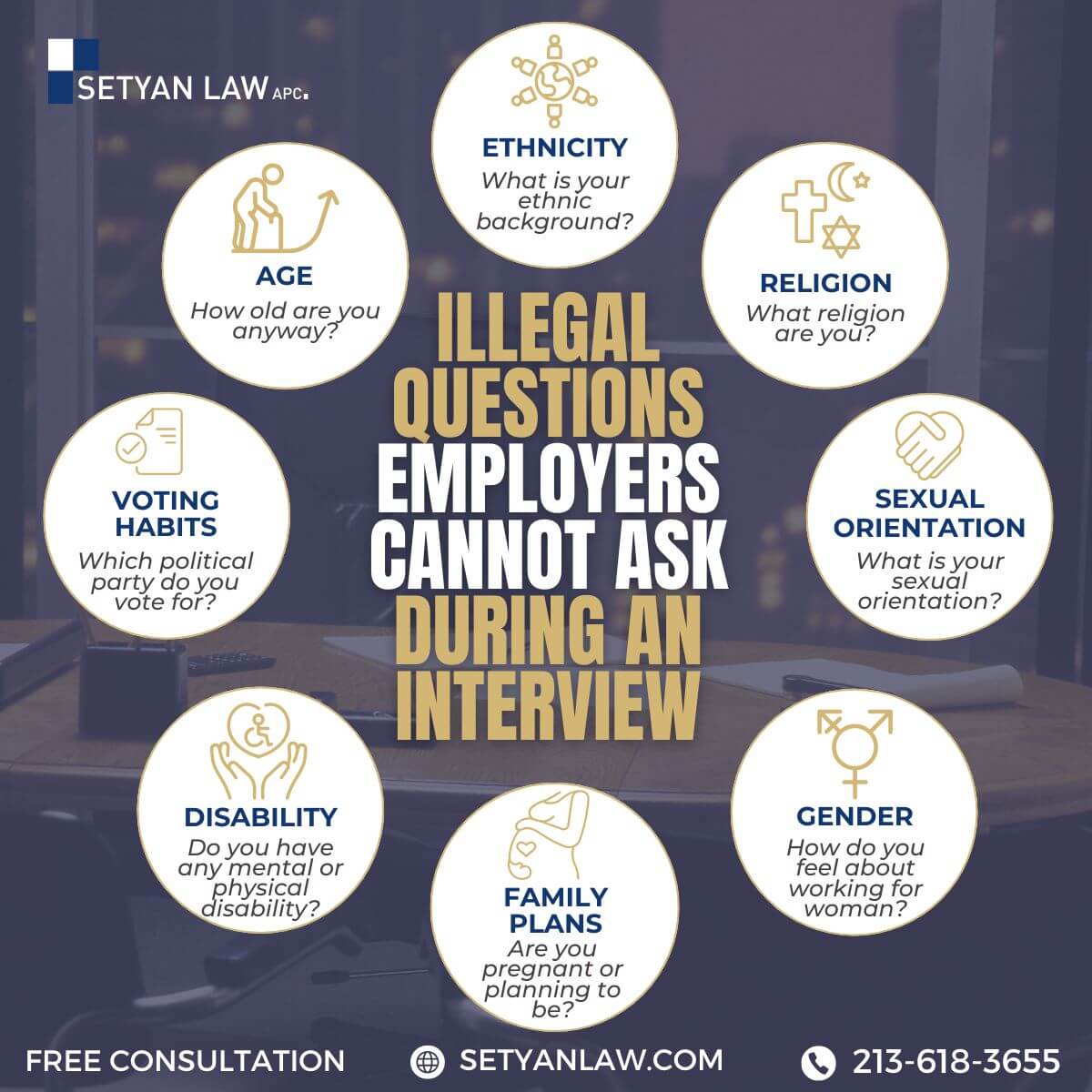Updated January 11, 2026
Understanding California Labor Code Section 432.7
California Labor Code Section 432.7 is a crucial piece of legislation that aims to protect individuals with criminal records from discrimination in the hiring process. This law is particularly significant in a state where the workforce is diverse and where many individuals may have faced legal challenges in their past. Understanding the nuances of this law can empower job seekers and help employers navigate their responsibilities.
Overview of Labor Code Section 432.7
California Labor Code Section 432.7 prohibits employers from inquiring about certain aspects of an applicant’s criminal history during the initial stages of the hiring process. This law was enacted to combat discrimination against individuals who have been arrested but not convicted, as well as those whose convictions have been expunged or sealed.
Key Provisions
- Prohibition on Inquiry: Employers cannot ask about arrests that did not lead to a conviction, nor can they inquire about convictions that have been sealed or dismissed.
- Scope of Protection: The law applies to both public and private employers, ensuring broad coverage across various sectors.
- Exceptions: There are specific exceptions where employers may inquire about criminal history, particularly in roles that require a firearm or where state law mandates such inquiries.
The Importance of "Ban the Box"
In addition to Section 432.7, California has implemented the "Ban the Box" law, which further enhances protections for job applicants with criminal records. This law prohibits employers from asking about criminal history on job applications until after a conditional offer of employment has been made.
Implications of "Ban the Box"
- Delayed Inquiry: Employers must wait until a later stage in the hiring process to ask about criminal history, allowing applicants to be evaluated based on their qualifications first.
- Individual Assessment: Employers are required to conduct an individualized assessment of how a conviction relates to the specific job duties before making a hiring decision based on criminal history.
Understanding the Legal Framework
What Constitutes a Conviction?
Under California law, a conviction includes any plea, verdict, or finding of guilt, regardless of whether a sentence is imposed. This definition is crucial for understanding what employers can and cannot consider when evaluating applicants.
The Role of Arrest Records
While employers may inquire about arrests if the individual is currently out on bail or on their own recognizance, the mere existence of an arrest record cannot be the sole basis for employment decisions. This aligns with the principle of presumption of innocence until proven guilty.
Employer Responsibilities
Employers must be aware of their obligations under Labor Code Section 432.7 and the "Ban the Box" law. Failure to comply can lead to legal repercussions, including civil lawsuits and penalties.
Steps Employers Should Take
- Review Hiring Practices: Employers should ensure that their hiring practices align with the requirements of Section 432.7 and the "Ban the Box" law.
- Training and Awareness: Providing training for hiring managers on these laws can help prevent unintentional violations.
- Documentation: Keeping thorough records of hiring decisions and the rationale behind them can be beneficial in case of disputes.
The Impact on Job Seekers
For individuals with criminal records, understanding their rights under California Labor Code Section 432.7 is essential. This knowledge can empower them to advocate for themselves during the hiring process.
Rights of Job Seekers
- Protection from Discrimination: Job seekers have the right to be evaluated based on their qualifications rather than their past mistakes.
- Opportunity for Fair Assessment: The law provides a framework for fair assessment, allowing individuals to present their skills and experiences without the stigma of a criminal record overshadowing their application.
Legal Recourse for Violations
If an applicant believes that their rights under Labor Code Section 432.7 have been violated, they have several options for recourse.
Steps to Take
- Document the Violation: Keeping records of any discriminatory practices or inquiries can be crucial for building a case.
- File a Complaint: Individuals can file a complaint with the California Department of Fair Employment and Housing (DFEH) if they believe they have been discriminated against.
- Seek Legal Counsel: Consulting with an attorney who specializes in employment law can provide guidance on the best course of action.
Conclusion
California Labor Code Section 432.7 plays a vital role in promoting fair employment practices and reducing discrimination against individuals with criminal records. By understanding this law, both employers and job seekers can navigate the hiring process more effectively, ensuring that qualifications and skills take precedence over past mistakes.
For those facing challenges in the job market due to their criminal history, knowing your rights can make a significant difference. If you believe your rights have been violated, consider reaching out to legal professionals who can assist you in seeking justice and fair treatment in the workplace.
If you need employment litigation, call Setyan Law at (213)-618-3655. Free consultation.
Call Setyan Law at (213)-618-3655 to schedule a free consultation.






